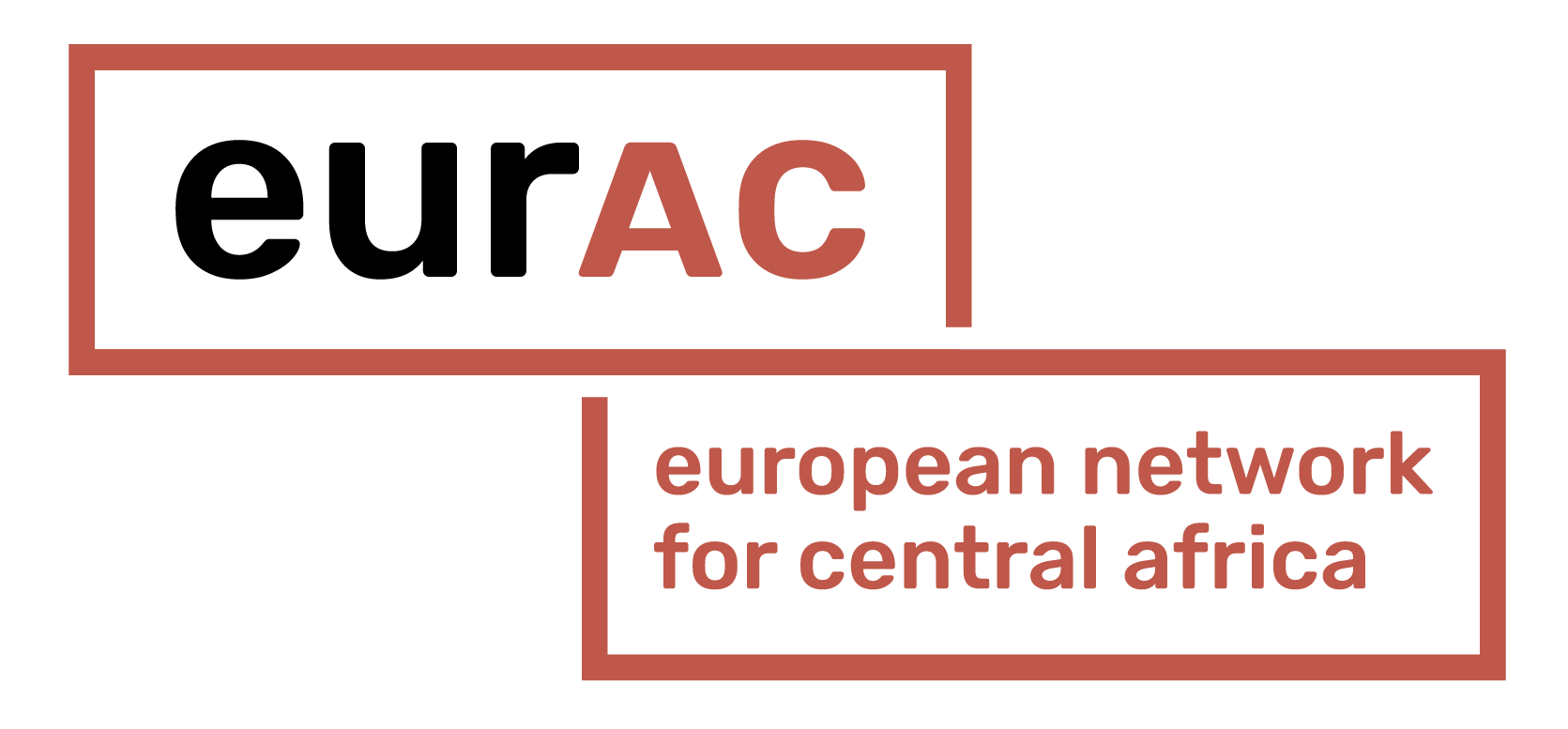NEW REPORT - Democratic processes and political stalemate in the Great Lakes region: For a stronger engagement of the European Union in Burundi, DR Congo and Rwanda
PRESS RELEASE
7 June 2017
In its new report Democratic processes and political stalemate in the Great Lakes region: For a stronger engagement of the European Union in Burundi, DR Congo and Rwanda published today on the occasion of the public conference organised at the European Parliament on the same theme, the European Network for Central Africa (EurAc) highlights the different political and security crises linked to democratic processes, including electoral processes, in each of the three countries of the Great Lakes region in Africa, Burundi, the Democratic Republic of Congo (DRC) and Rwanda as well as proposes several recommendations and lines of action for the European Union (EU) to further strengthen its commitment to good governance, the rule of law and democracy in these countries and the region.
In each of the three countries all the electoral processes have been systematically challenged by aborted or successful attempts of the governments to amend the Constitutions in order to cling to power. Moreover, at different periods each of the respective governments have tried, successfully or not, to modify the constitutional provisions that embody the principle of democratic change and those relating to it, in particular the number and duration of the presidential mandates authorized as well as the voting mechanism of the presidential elections. The political participation of citizens in this region is also greatly hampered by the establishment of a violent and systematic state repression against dissenting voices, considerably reducing the democratic space and jeopardizing fundamental rights and freedoms such as freedom of opinion, expression, association, assembly and freedom of the press, and sometimes even the right to life and physical integrity of those who seek to express themselves. Impunity for crimes and violations of human rights is rampant in countries where the judicial system and security services are highly dysfunctional, lacking independence and often corrupt. Additionally, there is also a crisis of regional governance as symbolized by the failure of various initiatives to mediate national political crises by regional actors like the East African Community in Burundi and the African Union in the DRC.
In reaction to all of this, the EU shows a certain reluctance to act despite several notable declarations and actions, particularly on the situation in the DRC. It is therefore time for this commitment to be strengthened, both at a country-specific level as well as the regional level, and for the EU to express more firmly its determination to defend democracy, political pluralism, the fundamental rights and freedoms of Burundian, Congolese and Rwandan citizens and the security of all political actors, including opponents, human rights defenders and activists from civil society.
It is in light of this that the new EurAc report analyses the different national and regional challenges stemming from the different political impasses in these three countries of the Great Lakes and also draws the attention of European policy makers to the gravity of each situation. The main recommendations and the lines of action detailed by EurAc in this document allow the EU and the various European Member States to take stock of the efforts they still have to make using the various means of pressure they have at their disposal which they must continue to mobilize so that the different regimes of the region commit themselves to respect the rule of law, human rights and democracy. Finally, the EU must do its utmost to become a strong and indispensable actor and diplomatic leader in the Great Lakes region.
To read the full report Democratic processes and political stalemate in the Great Lakes region: For a stronger engagement of the European Union in Burundi, DR Congo and Rwanda and EurAc' s main recommendations to the European Union, please click HERE.
Spokespersons are available for interviews.
If you have any questions/media request, please contact:
Julie Capoulade
Communications and Advocacy officer - EurAc
+32 499 81 01 77

